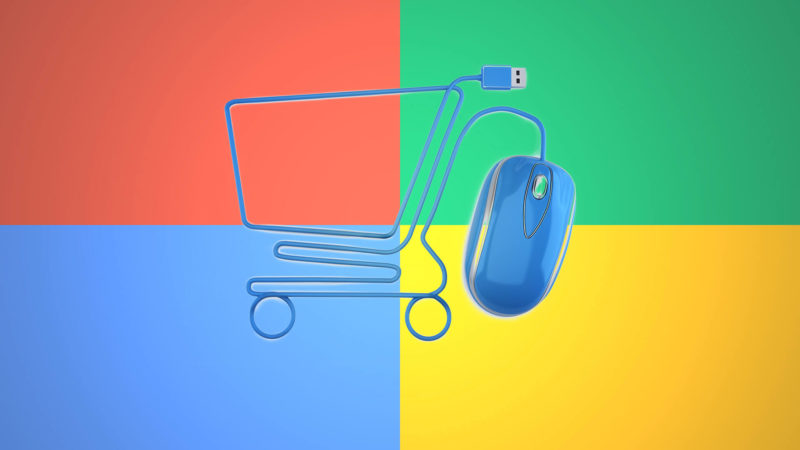Humans Add Value to Pay Per Click Campaigns

Humans still have an edge over artificial
intelligence for choosing pay per click words. Professionals who work with PPC
have a few areas where they are more valuable then Artificial Intelligence.
Bid Management Using Your Business Data
Managing bid management can be extremely boring
and is a highly repetitive PPC task. Once the prototype is built, you have to
execute the plan properly, which may involve the download of data, using
correct format, and running it through your own formulations. Machines do the
tasks faster while humans tend to be less thorough.

Businesses can use an automated bid management
resolution from Bing or Google or a third party to improve any inadequacies of
an engine. Artificial Intelligence has amazing task control. Humans know how to
impact the online conversions.
The engine’s bid management systems have four
very good advantages:
1. You can use them for free.
2. They use the very best algorithms available.
3. Auction-time signals are available to engines
that advertisers do not get (e.g. what did people search before and who is the
user).
4. Based on auction time signals, the bids are
created.
Bid systems cannot do:
1. Through conversion tracking, engines do not
know the context of the performance (e.g. one of the data server centers had an
issues that made conversion slower).
2. Engines do not understand factors that will
impact an industry (e.g. a business owner with 15 vans can service more
customers than a business owner with only 3 vans).
Data from your business should be added to the
bid management system to give you an ideal system. Advertisers should calculate
their own cost per click through their own systems and then submit all the bids
to the engine. This way Bing or Google can adjust bids up or down based on an
enhanced CPC.
Optimizers use a combination of data from search engines and business data to manage bids automatically. Optimizers add value to
the business and the business does not have to build and maintain complicated
technical systems for bids. Advertisers can reach their goals by allowing Bing
or Google to update their application-programming interface programs.
Procedures can be prebuilt and installed for the advertisers to reach their
cost per action and their return on advertising spending goals. These procedures
can be enhanced with information from the company or from Bings or Googles data.
Shopping Ads are Targeted by Using Keywords
PPC pros can also take back some control by
managing keywords for Shopping Ads. Queries match advertiser’s feed to
products. Negative keywords can be driven to a target. Negative words are a
main tool. This is called Query Sculpting. Simply adding exact match positive
words no longer means “exact”.

Martin Roettgerding invented the Query Sculpting
for shopping campaigns. Martin’s technique; maintain 3 parallel shopping
campaigns and adding negative keywords proactively. Adding unnecessary negative
words can eat into your allowance for the number of keywords. Optimizers know
where negative words would perform better.
The performance of ad groups in a shopping
campaign are analyzed. The queries in ad groups and The Shopping Negatives Tool
will recommend adding certain words to an exact match negative. This allows as
many campaigns in parallel to keep everything in one campaign.
Better Ads Created
Low performing ads no longer need to be pulled,
but ads that have minimal or no clicks should be removed. Google is using
automatic generation to clean up ads. The tools help us to make great ads, but
will not replace the professional PPC professional.
Tools can help with ad words that have performed
well in the past and future PPC agencies will have the best procedures for
testing.
Comments
Post a Comment